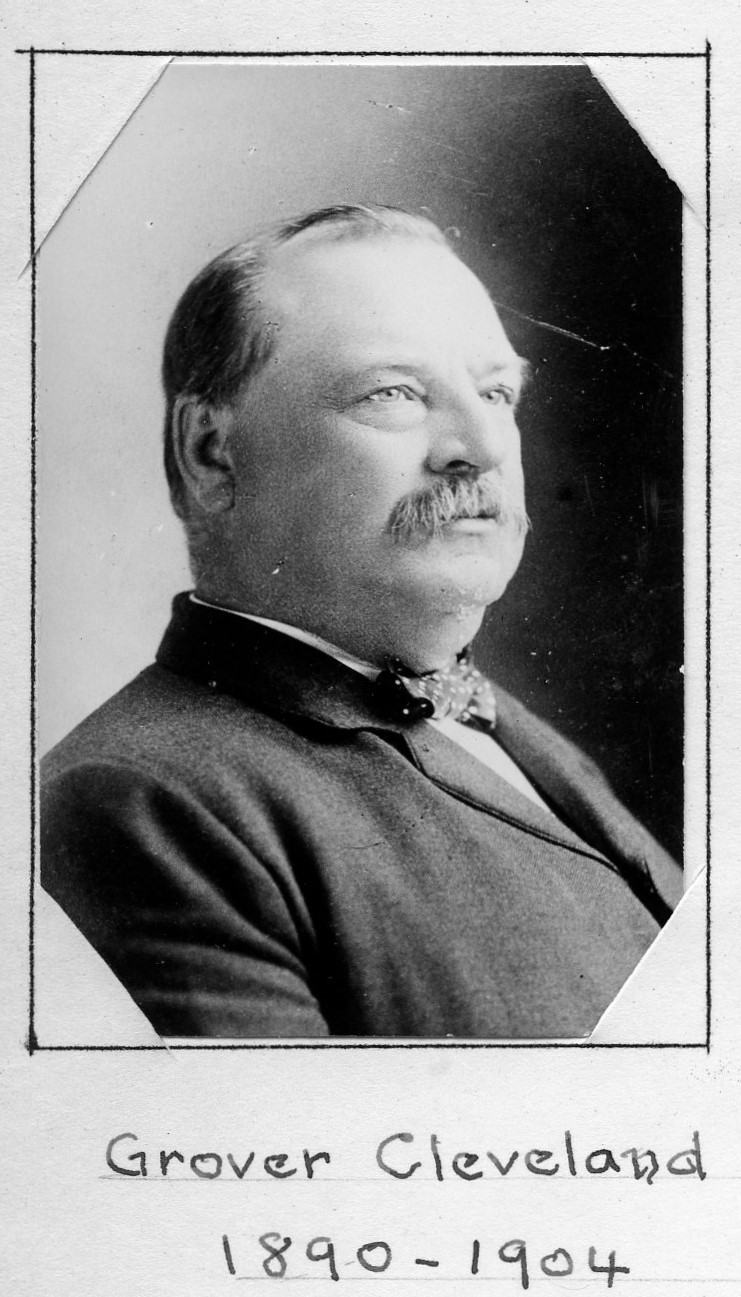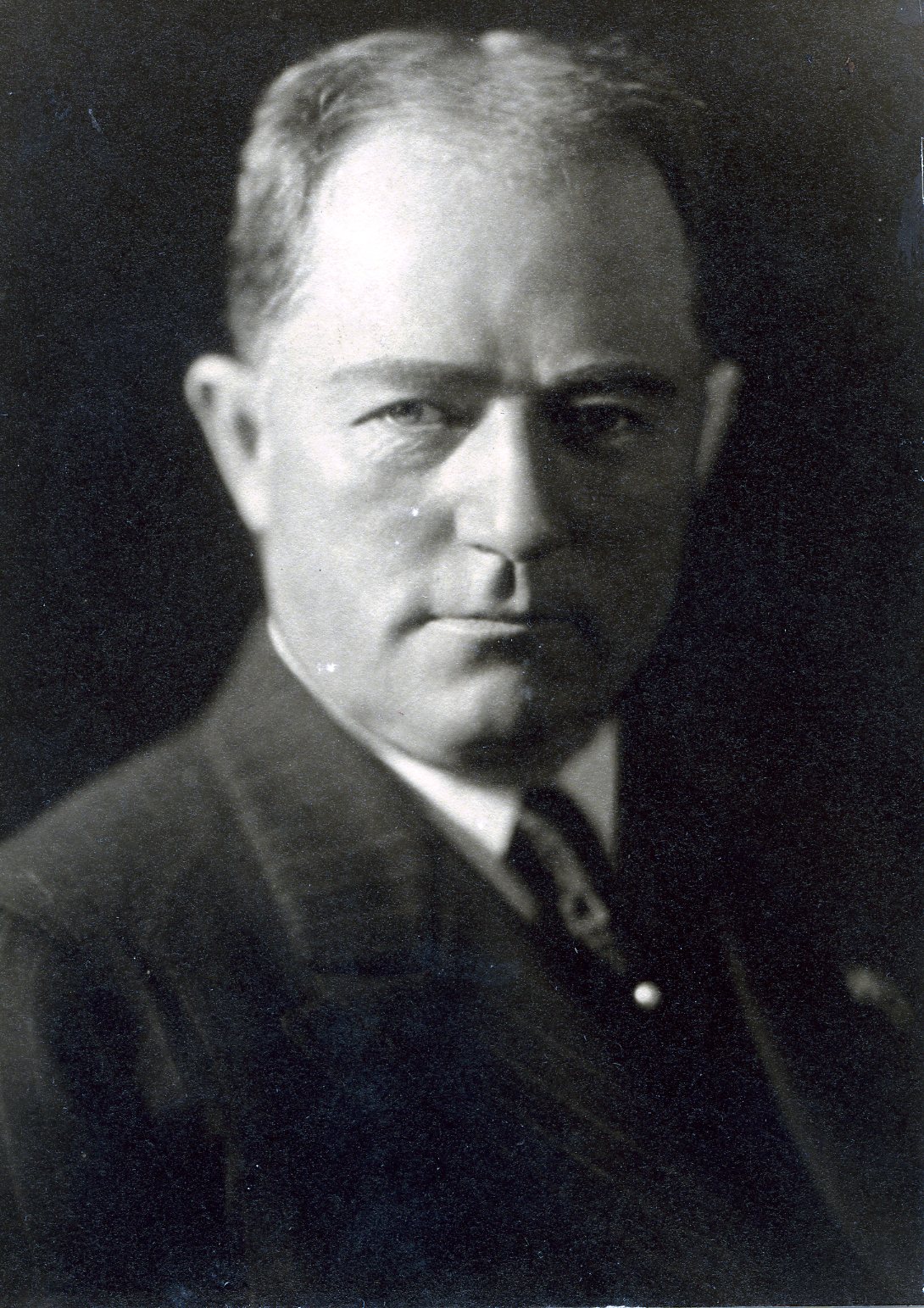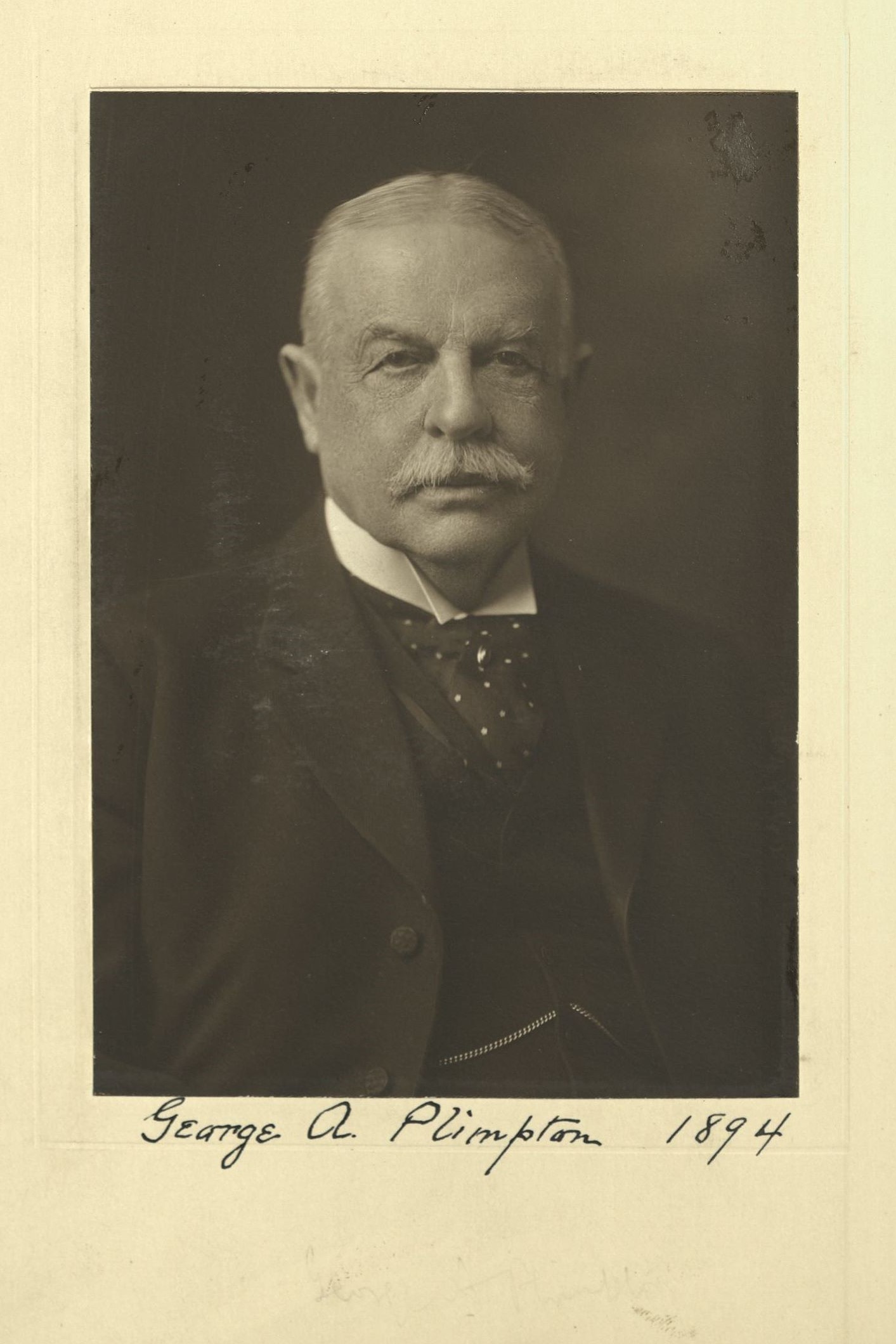Member Directory,
1847 - 1922
A. Barton Hepburn
Banker
Centurion, 1917–1922
George A. Plimpton and James R. Wheeler
Colton, New York
New York (Manhattan), New York
Age seventy-one
Canton, New York

Century Memorial
The high service rendered to American finance by Harry Davison in 1914 was rendered in earlier economic crises, and in a not wholly dissimilar way, by Alonzo Barton Hepburn. The influence on the attitude of American bankers and legislators towards the currency, exerted by this quiet and suave but very determined adherent of sound money during the period of controversy from 1890 to 1913, was continuous. He met the shifting currents of opinion regarding silver bimetallism and national bank notes with absolutely unyielding advocacy of the single gold standard and an elastic paper currency; his attitude towards these two reforms was one of the landmarks in the days when even Eastern bankers and financiers were talking half-way compromise. When his own associates sometimes protested that, with the vagaries of political parties on those questions what they were, he was fixing an impossible goal, Hepburn replied that it was not only possible but inevitable; that if conservative and right-thinking men would only nail their colors to the mast, the logic of events would force matters to the right conclusion. The bewildering confusion into which the entire discussion was thrown by the Harrison Administration’s experiments, by the political chaos of Cleveland’s second term and by the free-silver coinage movement of 1896, never shook his confidence for a moment.
With all this singleness of purpose, Hepburn was not in the least the traditional man of one idea. A high expert in practical banking, his conversation equally reflected acquaintance with literature and history. Exchange of views on the economic situation would instantly be interrupted if he discovered a kindred spirit who could talk about hunting big game.
Alexander Dana Noyes
1923 Century Association Yearbook




